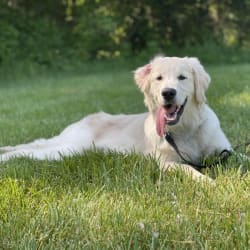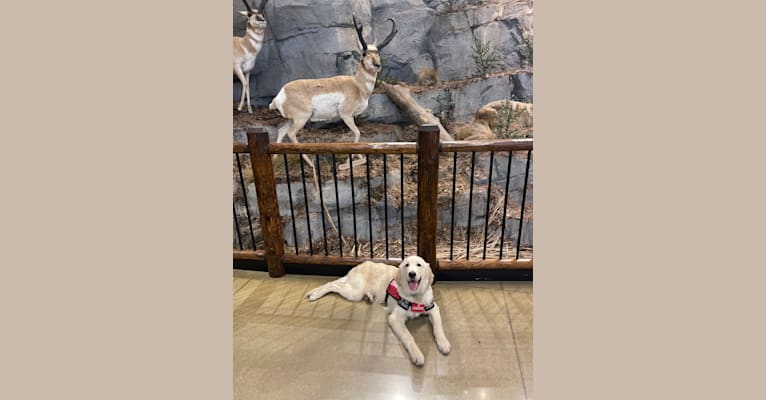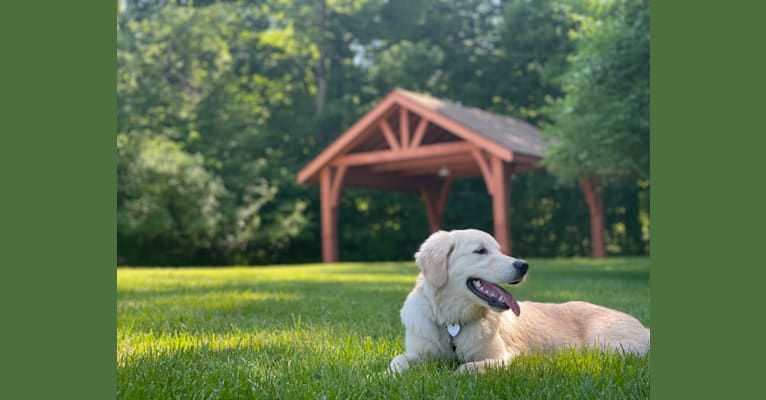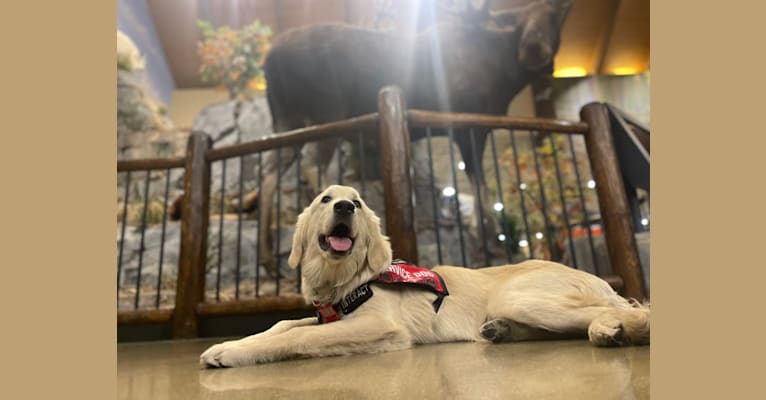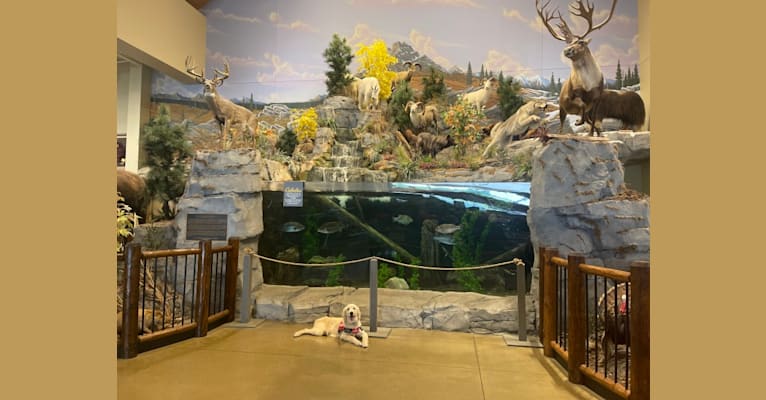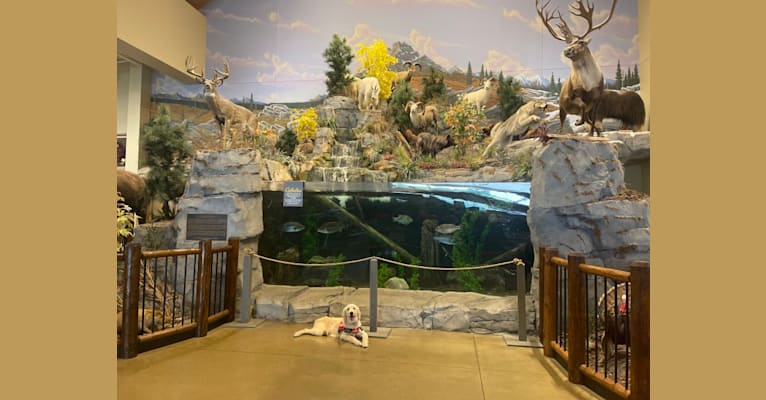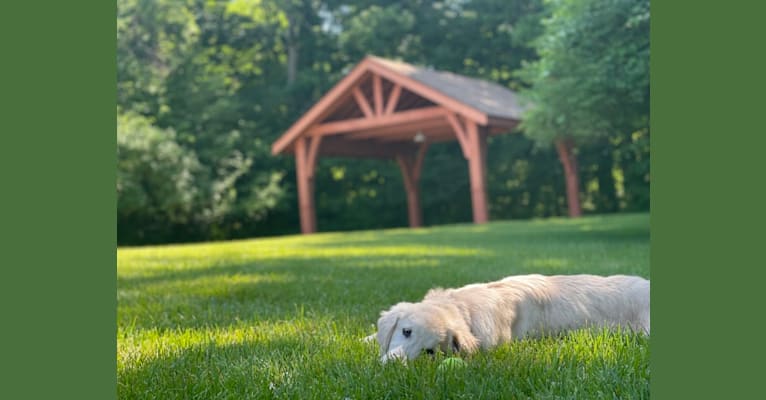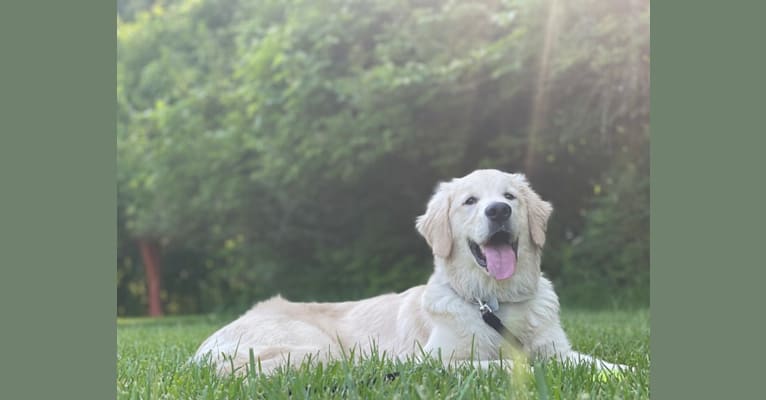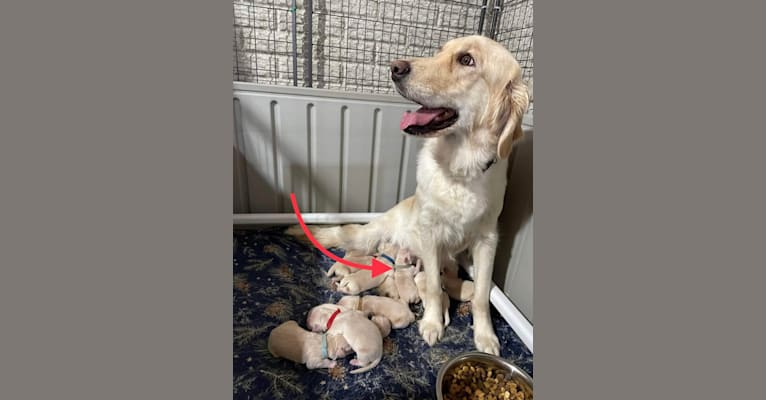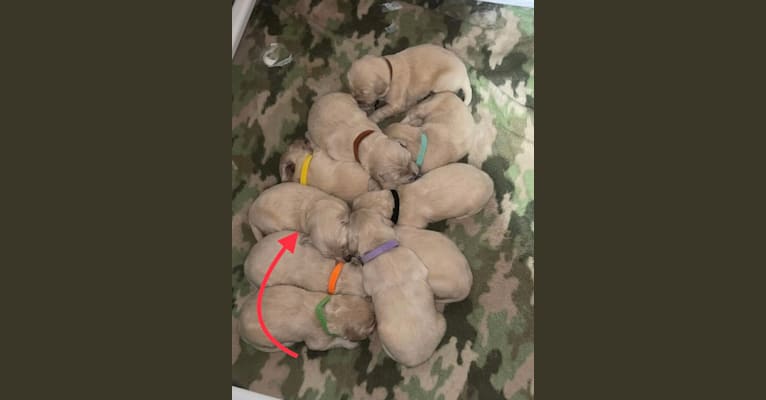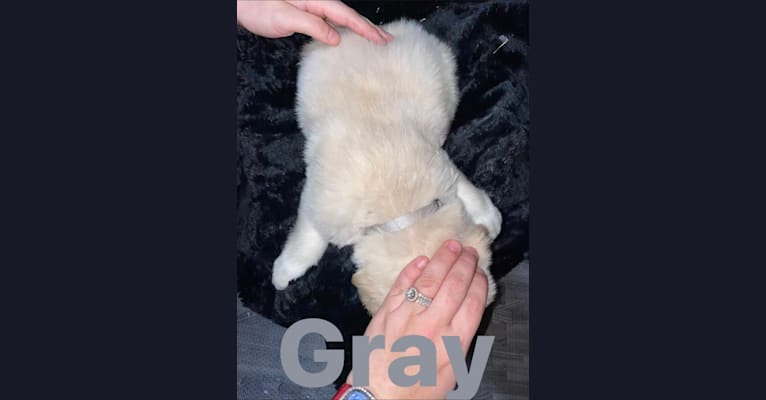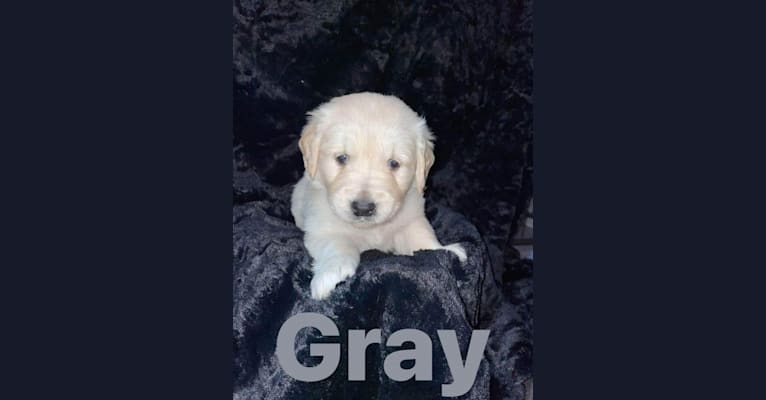Whuzi inherited both copies of the variant we tested
No Dogs Available
It looks like you don’t have any dogs on your account yet. Activate a kit now!
“Whuzi is a prospective service dog 🦮 He was brought home on March 28, 2023, at 4 months old, to begin his service dog journey 🐾 He is training to become a multiple-purpose service dog; learning to provide mobility assistance, medical alert & response, as well as psychiatric response.⚕️💕••••••••••••••••••••••••••••••• ✨Fun Fact✨: Whuzi’s registered name is an ode to the song “Don’t You Worry ‘Bout A Thing” from Stevie Wonder’s iconic Innervisions album 😎🎼”
Place of Birth
Michigan, USA
Current Location
Indianapolis, Indiana, USA
From
Grand Rapids, Michigan, USA
This dog has been viewed and been given 0 wags
Documents
Registration
American Kennel Club
(AKC):
SS37819807
Start a conversation! Message this dog’s humans.
Explore
Changes to this dog’s profile
- On 6/6/2023 changed name from "Don’t You Worry ‘Bout a Thing, Mama" to "Don’t You Worry ‘Bout A Thing, Mama"
- On 6/6/2023 changed name from "Don’t You Worry ‘Bout A Thing, Mama" to "Don’t You Worry ‘Bout a Thing, Mama"
Our policy is that each dog’s profile should accurately portray the dog to which the genetic reports belong.
To help ensure adherence to this policy, we show here any changes that have been made to the name or handle (web address) of this dog.
If you believe that this profile is in violation of this policy, you may contact us to report it.
Health Summary
Whuzi is at increased risk for one genetic health condition.
And inherited one variant that you should learn more about.
Ichthyosis, ICH1
How to interpret this result
Whuzi has two copies of a variant at PNPLA1 and is at risk for developing ichthyosis. Please consult your veterinarian to discuss further diagnostics, treatment, and care for this condition.
What is Ichthyosis, ICH1?
This skin disorder gets its name from the thick, darkly pigmented scales of skin ("ichthys" is Greek for "fish") that affected dogs display over most areas of the body, not including the head or extremities.
Congenital Myasthenic Syndrome, CMS
Whuzi inherited one copy of the variant we tested
What does this result mean?
This variant should not impact Whuzi’s health. This variant is inherited in an autosomal recessive manner, meaning that a dog needs two copies of the variant to show signs of this condition. Whuzi is unlikely to develop this condition due to this variant because he only has one copy of the variant.
Impact on Breeding
This result is also important if you decide to breed this dog - to produce the healthiest puppies we recommend genetic testing any potential mates for this condition.
What is Congenital Myasthenic Syndrome, CMS?
This condition is characterized by episodes of exercise intolerance and weakness.
Breed-Relevant Genetic Conditions
Progressive Retinal Atrophy, prcd
Identified in Golden Retrievers
Variant not detected
Golden Retriever Progressive Retinal Atrophy 1, GR-PRA1
Identified in Golden Retrievers
Variant not detected
Golden Retriever Progressive Retinal Atrophy 2, GR-PRA2
Identified in Golden Retrievers
Variant not detected
Neuronal Ceroid Lipofuscinosis 5, NCL 5
Identified in Golden Retrievers
Variant not detected
Degenerative Myelopathy, DM
Identified in Golden Retrievers
Variant not detected
Muscular Dystrophy
Identified in Golden Retrievers
Variant not detected
Dystrophic Epidermolysis Bullosa
Identified in Golden Retrievers
Variant not detected
Osteogenesis Imperfecta
Identified in Golden Retrievers
Variant not detected
Retina Dysplasia and/or Optic Nerve Hypoplasia
Identified in Golden Retrievers
Variant not detected
Additional Genetic Conditions
Explore
What is a linkage test?
DNA sequences that are close together on a chromosome tend to be inherited together. Because of this, we can use genetic variation surrounding a specific variant (i.e. "linked" to it) to infer the presence or absence of a variant that is associated with a health condition or trait.
Linkage tests are not as predictive of your dog’s true genotype as direct assays, which we use on most other genetic conditions we test for.
Traits
Explore the genetics behind your dog’s appearance and size.
No Result
For every test, we run multiple assays to ensure the accuracy of the results we deliver. For your dog, one or more of these produced inconclusive or low confident results. Therefore, we are not able to provide you with a result at this time.
Base Coat Color
No Result
For every test, we run multiple assays to ensure the accuracy of the results we deliver. For your dog, one or more of these produced inconclusive or low confident results. Therefore, we are not able to provide you with a result at this time.
Coat Color Modifiers
No Result
For every test, we run multiple assays to ensure the accuracy of the results we deliver. For your dog, one or more of these produced inconclusive or low confident results. Therefore, we are not able to provide you with a result at this time.
Other Coat Traits
No Result
For every test, we run multiple assays to ensure the accuracy of the results we deliver. For your dog, one or more of these produced inconclusive or low confident results. Therefore, we are not able to provide you with a result at this time.
Other Body Features
No Result
For every test, we run multiple assays to ensure the accuracy of the results we deliver. For your dog, one or more of these produced inconclusive or low confident results. Therefore, we are not able to provide you with a result at this time.
Body Size
No Result
For every test, we run multiple assays to ensure the accuracy of the results we deliver. For your dog, one or more of these produced inconclusive or low confident results. Therefore, we are not able to provide you with a result at this time.
